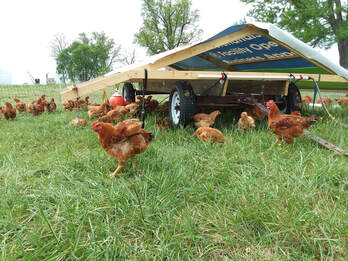 “When we think about sustainability in this business, what we need to think about is, ‘would we do that all over again?’” - Bev Eggleston I recently spoke to a producer and entrepreneur who helped me think about how I want to run my farm. In small Ag., we often throw around words like, ’sustainable’, ‘resilient’, and ‘regenerative’. Typically, we’re referring to Permaculture Ethic #1 – Earth Care (#s 2 and 3 being “People Care” and “Fair Share”). We’re usually scrambling in this era of destruction, deforestation, and destabilization to re-center our works around what is best for the Earth, and thus the future. But, what many of us are experiencing right now is a good hard look at whether or not our lifestyle itself is sustainable. Cut off from much of our socialization, many of the instant gratifications of our familiar forms of consumerism (“you mean my Amazon order will take 6 whole days to get here???”), our places of work, play, and worship, we are faced with the need to distill our lives into something that can not just sustain us, but can sustain over time. For many, this respite from taking 3 kids to 5 overlapping sports seasons while working full time across town and hitting the gym 4 days a week is a welcome break - a forced stillness and reflection that have so many of us wondering if we can ever go back to life as it was, whether that means slowing down, connecting more, or changing things altogether. So, I’m enstating something I’m calling, “the do-over test”. As I’m pondering the meaning of sustainability for me, my farm, or my family, I’m thinking, “OK, if we had a do-over on what just happened, would we do it all just the same? And if not, what would be different?” Let me back up a moment. My husband and I own and operate ShireFolk Farm, a small, diversified farm in rural Virginia in the general neighborhoods of Richmond and Charlottesville. One of our main enterprises is pastured poultry, particularly chicken. We recently processed (butchered and packaged) our first batch of the year, about 230 birds. We do this on-farm, entirely on our own, under a federal exemption that allows us to process (perfectly hygienically, mind you) in the open air of the great outdoors. We spent two and a half days sending our 230 beautiful Freedom Ranger chickens to “freezer camp”. On the heels of 2 other very physically demanding weeks, and after 20+ hours of standing on the drained concrete slab where we do our work, (using our bodies in repetitive motion to perform tedious, skilled labor) we were worn out.
When you eviscerate a chicken, you use wrist and hand muscles only climbers and concert pianists are familiar with. You begin to feel long-lasting aches and strains in the sinews of your wrists, in between your knuckles, and right down deep in the meat of your hands. It’s a strange feeling. On top of this, I’m currently about 4 months pregnant and the pregnancy hormone Relaxin that’s flowing through my system is loosening everything up in strange ways, making my bodies’ support system a lot more, well, relaxed. So at the end of all this I was feeling footsore, achey, and very much done. And this was only the first processing cycle of the year - we’ve got at least 8 more to go! I thought maybe I was the only one feeling it, but it turns out the rest of the team was feeling the drag just as much. And it got us all feeling pretty down. Nothing was different from former years, we had the same number of experienced hired hands, processed the same number of birds, and nothing went badly. It was actually a very efficient processing. It just suddenly hit us after 5 years of processing our own chicken – we don’t actually want to do this any more. Oh shit. What does that even mean? Back to present moment. We have amazing chicken, I have to say. I have no qualms with our product, and we can’t produce enough of it to satisfy our customers’ needs. But at what cost to ourselves? When we looked back at our processing week and asked ourselves, “Would we do that all over again?” there was a distinct pause. “Will we do that again?” Yes, we’ve got to. We’ve got hundreds of birds on pasture, heading for their eventual destinies in the freezer. But will we do it the same? And do we actually want to do it at all? Maybe not. The gentleman whose conversation I quoteded at the open of this musing, Bev Eggleston, owns a processing plant and sustainable foods marketplace in Northern VA called EcoFriendly Foods. We may send some of our chickens his way, which would mean a total revamp and recalculation of how we do business. How do we cut costs and modify our process to account for the significantly increased cost of outsourcing processing? It’s a puzzle. Alternatively, what if we hired more hands or raised less birds? Either of these options present problems. Hiring in a state of quarantine is tough, and the work requires considerable expertise. Unless we find workers who can commit to a full season’s worth of processing, the return on the investment is minimal because of the time spent getting newbies up to speed. So that’s just more effort on our part, which is the thing we’re trying to minimize. As far as raising less birds, it’s certainly an option, but we’re already sold out of chicken now and it’s a huge chunk of our income as a farm, so we really need to scale up, not down. And what about the simple concern of outsourcing something very dear to us? Will we be less resilient if we depend on others to do this job? We’ve gotten too good at raising delicious chicken and we’ve outgrown our ability to process what we can produce. It’s what we in Permaculture call “feedback, not failure”. Growth is not a failure. But, this feedback means we need to look for new solutions. If we continue on this track we’re headed for certain burnout. As we strive for self-reliance and sustainability here on the farm, we realize we’ve been ignoring the “People Care” ethic, which is an all-too-common mistake for the self-employed. We’re willing to work ourselves considerably harder than what we’d consider appropriate for an employee. We often consider being “overworked” the price of being self-sufficient. There’s so much talk about the supply chain right now that it’s hard not to feel reluctant about outsourcing system elements. Keeping everything in-house feels safer and more certain. But as my colleague Ryan Blosser recently reminded me, “Tediousness is a big factor to psychological sustainability”. And make no mistake, raising and processing chickens is a tedious job. When it comes down to it, the processing itself is simple, it’s the organization and personnel management that we’ve grown tired of. What I like about our potential processing partner, EcoFriendly Foods, is that they are a producer’s group with a processing facility, not a big factory operation. They understand our product and our mission and share our values. This makes me feel good about supporting them and adding them to our network, stacking functions of shared marketing, a new revenue stream and network support along with growth and simplification for our farm. It all leaves me wondering, what else in my life is unsustainable but is so ingrained in my routine that I’m unable to even notice it, much less recognize it for what it is? Are other things grinding me down in a way that I won’t notice until my body or mind is screaming at me to stop? One of our Permaculture Principles tells us to “apply self regulation and accept feedback”. I often talk in class about how this can be the hardest principle because we are not only our own worst critics, but also push ourselves the hardest, despite feedback. The never-ending battle between our mind’s idea of what’s right for us and our environmental or bodily feedback can leave us muddled and confused, trying to balance the two interests. This is where the “acceptance” part of the feedback loop comes into play. We have to listen hard for the feedback, despite our attachments. For our farm, processing our own poultry has always been a real sense of pride, grit, and identity. Yes, it’s hard. Yes, it’s long hours. Yes, it’s something few other farms do (ever notice how few poultry producers there are at your farmer’s markets?), and Yes, we’ve got it down to a science. We are, actually, very good at it. But it turns out, getting good at something doesn’t necessarily make it sustainable. Raise your hand if you’re great at your job. Keep that hand up if you love that work and can see yourself doing it for another 25 years. I feel you. Expertise is not sustainability. This pandemic has showed many of us the weaknesses in our food systems, our medical systems, our social connections and more. It’s forced us to take a hard look at ourselves and our society, and I think one of the silver linings of this might be that personal feedback we can’t ignore. When you’re asking yourself those hard questions, taking those hard looks while you’re waiting on that Amazon order, give things the ‘ol Do-Over Test and see what you find. Would you really do it all the same way again? A resounding “no'' doesn't necessarily mean failure, it means an opportunity for change. In farming, it’s easy to become so dogmatic in our striving for sustainability that we can forget to care for ourselves - which isn’t sustainable at all. In terms of the Permaculture Ethics “Earth Care, People Care, and Fair Share” being a purist about a single ethic will get you nowhere if you’re unable to balance the others. Our Earth Care of raising birds sustainably doesn’t have to mean we can’t adjust our process to give us better People Care. And in this case, we are able to support our local small ag economy further by paying another business to process for us - which means we are doing more “Fair Share” than before. It’s the proverbial bunyip of the ethics, equalizing pressures to find level ground. We’re changing a lot about our farm and our personal lives right now, I think everyone is, and learning to hear and accept feedback from all angles truly is at least half the battle. But as we move forward, we do so grounded by past experience, reminding us where we’re coming from, what our goals are, and what we want the future to look like. I’m so grateful to be working the Earth and connected to my community in this time of change and upheaval, and moving towards practices in our business that we truly want to do over again and again and again.
1 Comment
12/10/2020 09:40:40 am
Sustainability in the business is definitely important. If you have no idea what that means, then you are not going to enjoy life as it is. I seriously believe that it is important that we try our best to make our lives better than what we would expect. This is the same for businesses. Having sustainability is the way for you to achieve the goals that you have. It is great that you pointed out all of this in this blog.
Reply
Leave a Reply. |
Authors
Daniel Firth Griffith Archives
June 2022
Categories |
Proudly powered by Weebly
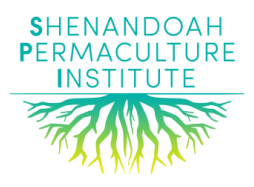
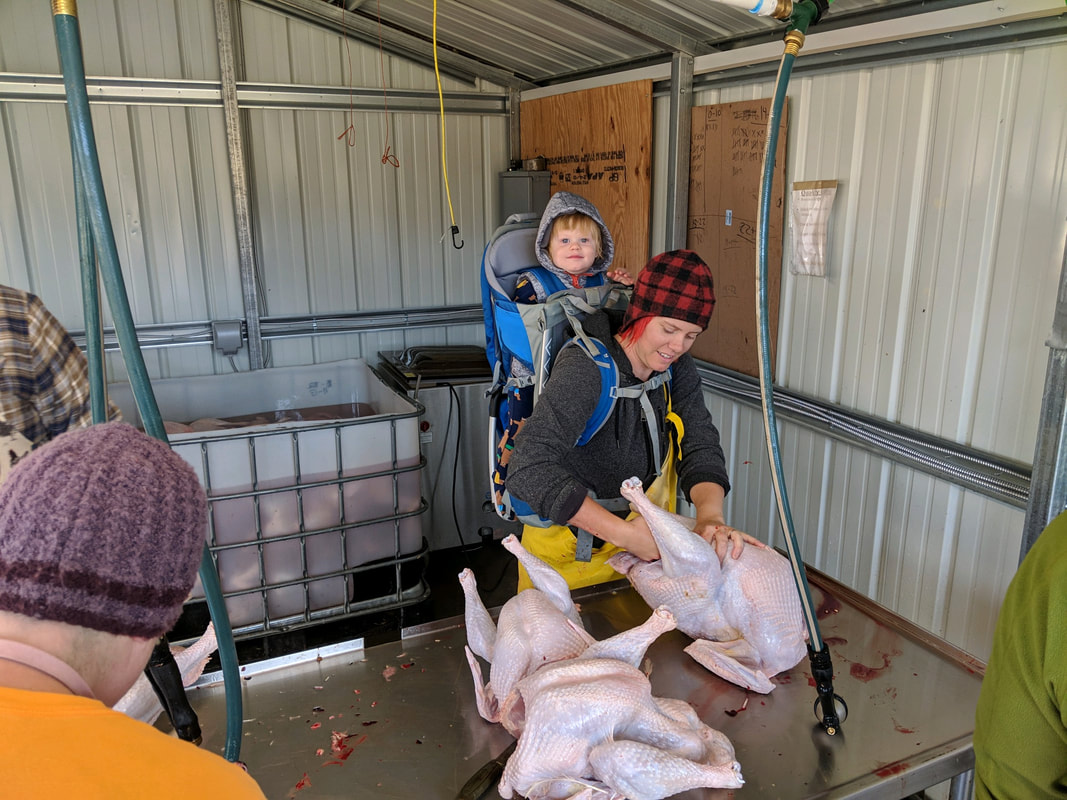
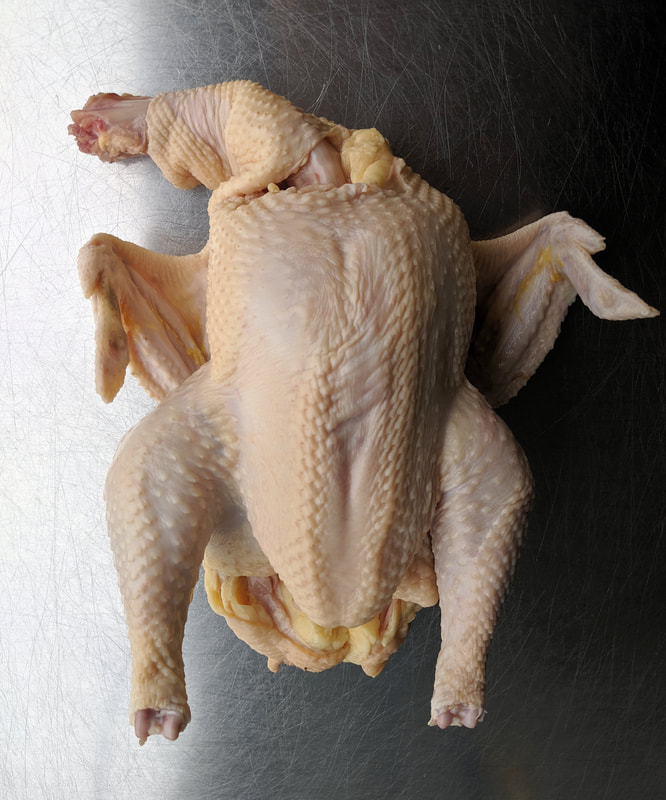
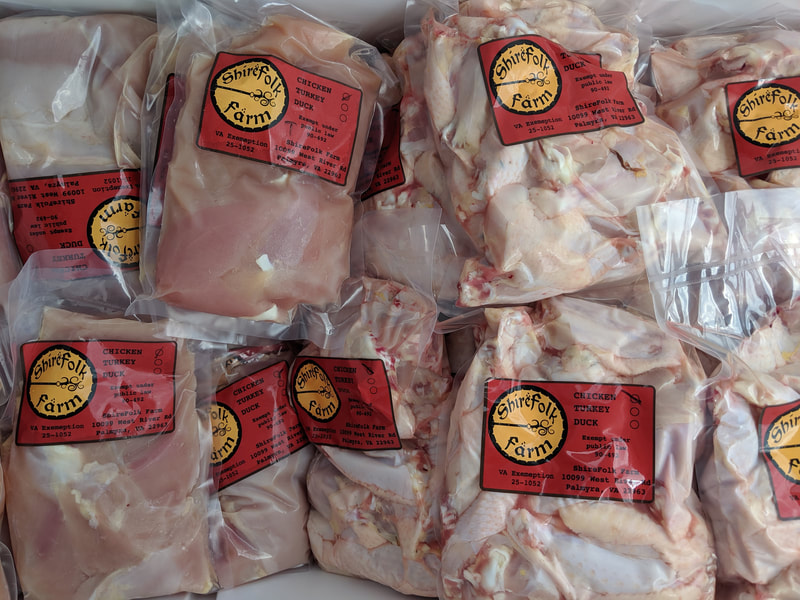
 RSS Feed
RSS Feed